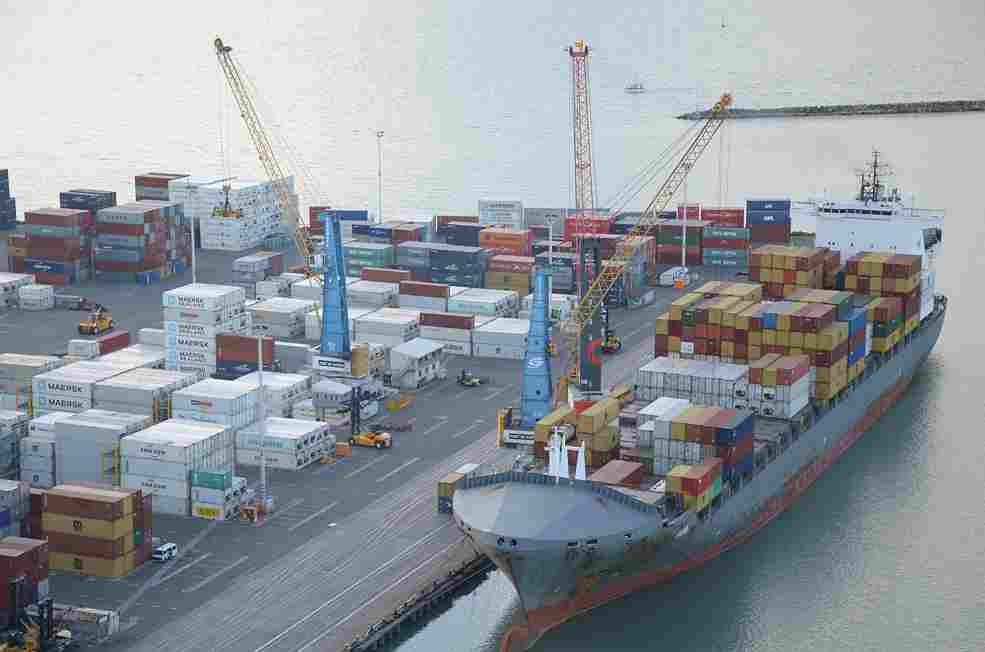
Legal Disputes and Arbitration in the Bunker Fuel Industry
Introduction
The bunker fuel industry is a vital part of the global shipping sector, providing the fuel necessary for the operation of commercial vessels. However, it is also a complex and often contentious field, characterized by numerous legal disputes arising from contractual disagreements, quality issues, payment disputes, and regulatory compliance. Arbitration has emerged as a preferred method for resolving these disputes due to its efficiency, confidentiality, and expertise. This article explores the nature of legal disputes in the bunker fuel industry, the role of arbitration, and the processes involved in resolving conflicts.
Common Legal Disputes in the Bunker Fuel Industry
Contractual Disputes
Contracts in the bunker fuel industry are often complex, involving multiple parties such as suppliers, shipowners, charterers, and brokers. Common contractual disputes include:
- Non-Performance: Disputes may arise when one party fails to fulfill their contractual obligations, such as delivering the agreed quantity or quality of fuel.
- Force Majeure: Unexpected events (e.g., natural disasters, political instability) can lead to claims of force majeure, excusing parties from their contractual duties.
- Contract Interpretation: Ambiguities in contract terms can result in differing interpretations and subsequent disputes.
Quality and Quantity Disputes
Ensuring the quality and quantity of delivered bunker fuel is critical, but discrepancies frequently occur:
- Quality Issues: Disputes over fuel quality, including contamination or deviation from agreed specifications, are common. Poor-quality fuel can cause engine damage and operational delays.
- Quantity Shortages: Claims of under-delivery can arise when the quantity of fuel supplied is less than what was agreed upon, often due to measurement discrepancies.
Payment and Credit Disputes
Financial issues are a significant source of contention in the bunker fuel industry:
- Non-Payment: Suppliers may face challenges in securing timely payments from buyers, leading to disputes over outstanding invoices.
- Credit Terms: Disagreements over credit terms and conditions, such as payment deadlines and interest on late payments, can also lead to conflicts.
Regulatory and Compliance Disputes
Compliance with international regulations and standards is mandatory, yet often problematic:
- IMO Regulations: Non-compliance with International Maritime Organization (IMO) regulations, such as the sulfur cap, can result in legal disputes.
- Local Environmental Laws: Disputes may arise from breaches of local environmental laws and standards governing fuel use and emissions.
Role of Arbitration in Resolving Disputes
Advantages of Arbitration
Arbitration offers several advantages over traditional litigation, making it the preferred method for resolving disputes in the bunker fuel industry:
- Expertise: Arbitrators with industry-specific knowledge can better understand and resolve complex technical issues.
- Confidentiality: Arbitration proceedings are private, protecting sensitive commercial information.
- Efficiency: Arbitration is generally faster and more flexible than court litigation, reducing the time and costs involved in resolving disputes.
- Enforceability: Arbitral awards are easier to enforce internationally due to conventions like the New York Convention.
Arbitration Clauses in Bunker Contracts
Most bunker fuel contracts include arbitration clauses specifying the procedures for resolving disputes. Key elements of these clauses include:
- Arbitration Institution: Specifying an institution, such as the London Maritime Arbitrators Association (LMAA) or the Singapore International Arbitration Centre (SIAC), to oversee the arbitration process.
- Governing Law: Determining the applicable law that will govern the contract and any disputes arising from it.
- Seat of Arbitration: Designating the location where the arbitration will take place, which can affect procedural rules and enforcement.
Arbitration Process in the Bunker Fuel Industry
Initiation of Arbitration
The arbitration process begins when one party files a notice of arbitration, outlining the nature of the dispute, the relief sought, and the basis for arbitration. This notice is served to the opposing party and the chosen arbitration institution.
Selection of Arbitrators
The selection of arbitrators is a crucial step, as their expertise and impartiality will significantly influence the outcome:
- Single Arbitrator or Panel: Depending on the contract and the complexity of the dispute, either a single arbitrator or a panel of arbitrators may be appointed.
- Appointment Process: Parties may agree on a sole arbitrator or each appoint one arbitrator, who then jointly select a presiding arbitrator.
Preliminary Hearings and Procedural Orders
Preliminary hearings establish the procedural framework for the arbitration, addressing issues such as:
- Timelines: Setting deadlines for the submission of statements of claim, defense, evidence, and witness lists.
- Disclosure: Determining the scope and process of document disclosure and exchange.
- Interim Measures: Deciding on any interim relief or measures needed to preserve the status quo or prevent harm.
Evidence and Hearings
The main phase of arbitration involves the presentation of evidence and arguments by both parties:
- Written Submissions: Parties submit detailed statements of claim and defense, supported by documentary evidence and witness statements.
- Oral Hearings: Hearings may be conducted to examine witnesses, cross-examine experts, and present oral arguments.
Arbitral Award
Following the hearings, the arbitrators deliberate and issue a final and binding award:
- Content of the Award: The award includes the decision on the merits of the case, the reasoning behind it, and any remedies granted, such as damages or specific performance.
- Costs and Fees: The award also addresses the allocation of arbitration costs and fees between the parties.
Enforcement of Arbitral Awards
Enforcement of arbitral awards is facilitated by international conventions, such as the New York Convention, which allows for recognition and enforcement in member countries:
- Domestic Courts: Parties can apply to domestic courts for enforcement of the award, which typically involves a summary procedure.
- Challenges to Enforcement: Enforcement can be challenged on limited grounds, such as procedural irregularities or public policy considerations.
Challenges and Future Trends
Challenges in Arbitration
While arbitration is effective, it faces certain challenges:
- Cost: Arbitration can be expensive, particularly for smaller disputes, due to arbitrators’ fees and procedural costs.
- Complexity: Highly technical disputes may require specialized knowledge, increasing the need for expert witnesses and complicating proceedings.
- Enforcement Issues: Despite the New York Convention, enforcing awards can still be problematic in jurisdictions with weak legal systems or differing interpretations of public policy.
Future Trends in Bunker Fuel Arbitration
The bunker fuel industry is evolving, and several trends are likely to shape the future of arbitration:
- Digitalization: The increasing use of digital platforms for contract management and dispute resolution can streamline the arbitration process, reducing time and costs.
- Sustainability Disputes: As environmental regulations become stricter, disputes related to compliance with green shipping standards and the use of alternative fuels are expected to rise.
- Specialized Arbitration Services: The development of specialized arbitration services and institutions focused on maritime and bunker fuel disputes can enhance the expertise and efficiency of dispute resolution.
Conclusion
Legal disputes in the bunker fuel industry are multifaceted, arising from contractual disagreements, quality and quantity issues, payment conflicts, and regulatory compliance. Arbitration has become the preferred method for resolving these disputes due to its efficiency, expertise, and confidentiality. By understanding the arbitration process, the challenges involved, and future trends, stakeholders in the bunker fuel industry can better navigate disputes and ensure smoother operations. As the industry continues to evolve, the role of arbitration will remain pivotal in maintaining fair and effective dispute resolution.




